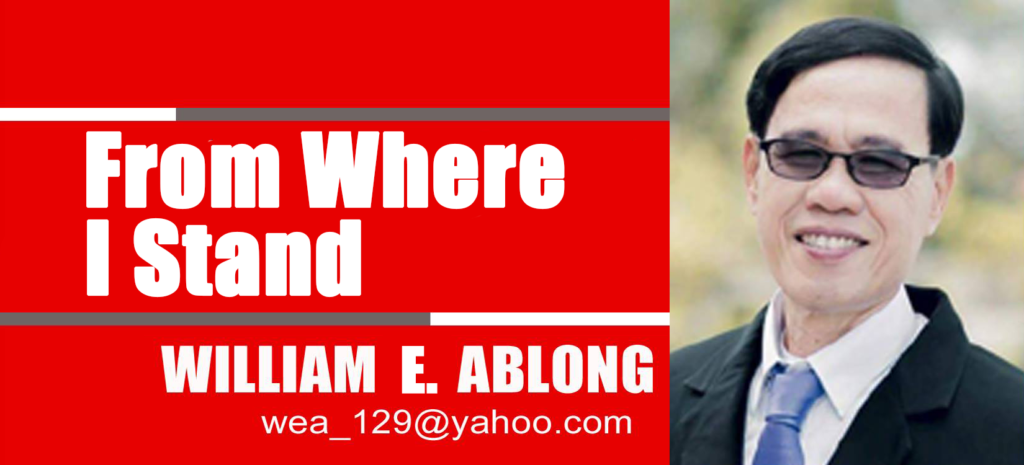
AN international telecommunications company named Telenor Asia surveyed virtual engagement among people in South East Asia. Last January 31, the company published the results which said that in the Philippines, socializing online has taken off and that 77% of the population has become more engaging online than in real life.
Jørgen C. Arentz Rostrup, head of Telenor Asia, pointed out that some of the habits formed in the over two years of the COVID-19 crisis “are becoming hard-wired in the way we live our lives today.”
I’m not sure if I should be happy about this or not. While social media has helped a lot in the way we connect with people and the rest of the world, the fact that we can connect more virtually than in real life is I think a sad reality.
“Unplugged and disconnected”
In Kenneth Gergen’s 1991 book, The Saturated Self, he warned of an Orwellian world where technology might saturate human beings to the point of “multiphrenia,” a fragmented version of the self that is pulled in so many directions the individual would be lost.
I have personally observed this “fragmented version” of the self, especially during brownouts. I’ve seen people get restless and confused about what to do whenever the internet connection is lost.
Or at times when the cell phone is accidentally left at home, most people become fidgety and agitated. Many office workers, would rather forget their lunch boxes or anything else, just not their cell phones. Many of us feel “naked” when we do not have our cell phones with us when we go outside of our homes.
I am not sure why, we always have that ‘craving’ to scroll down on Facebook or Instagram, or Twitter. I cannot understand why many of us have that “urgent need” to always know what’s going on around us or what everyone is doing in their lives or where people are spending their vacations or where they are eating and what they are eating inside restaurants.
On the other side of the spectrum, I also cannot understand why many people would tell the rest of the world (thru a post) that the sun is shining or it’s a cloudy day when almost everyone knows that the sun is shining or that it’s raining.
Another thing that I find funny is that when people eat out, either with friends or family when the food is served, many of us would immediately take photos of the food and tell the world that “this is what I am eating right now.”
Thus, when electricity is out and there is no internet connection, we are “totally lost.”
Avatars and updates
Obviously, the continuing psychological impact of social media on us and our sense of “self” remains to be seen. But there is one thing I do know. Our daily lives have been digitized, tracked, and tied up in metrics. Our real selves have split into online avatars and profile pictures and status updates.
And while social media sites like Facebook, Twitter, and LinkedIn are powerful tools that have the potential to build communities, connect relatives in far-flung places, and leverage careers, they are also unleashing a myriad of complex psychological issues that have altered our collective sense of reality.
Our “virtual lives” are glossy and cheerful. It’s where we post our most handsome photos and tell all our best news. On social networking sites such as Facebook, we think we will be presenting ourselves, but our profile ends up as somebody else—often the fantasy of who we want to be.
But is it real? More importantly, is it healthy?

